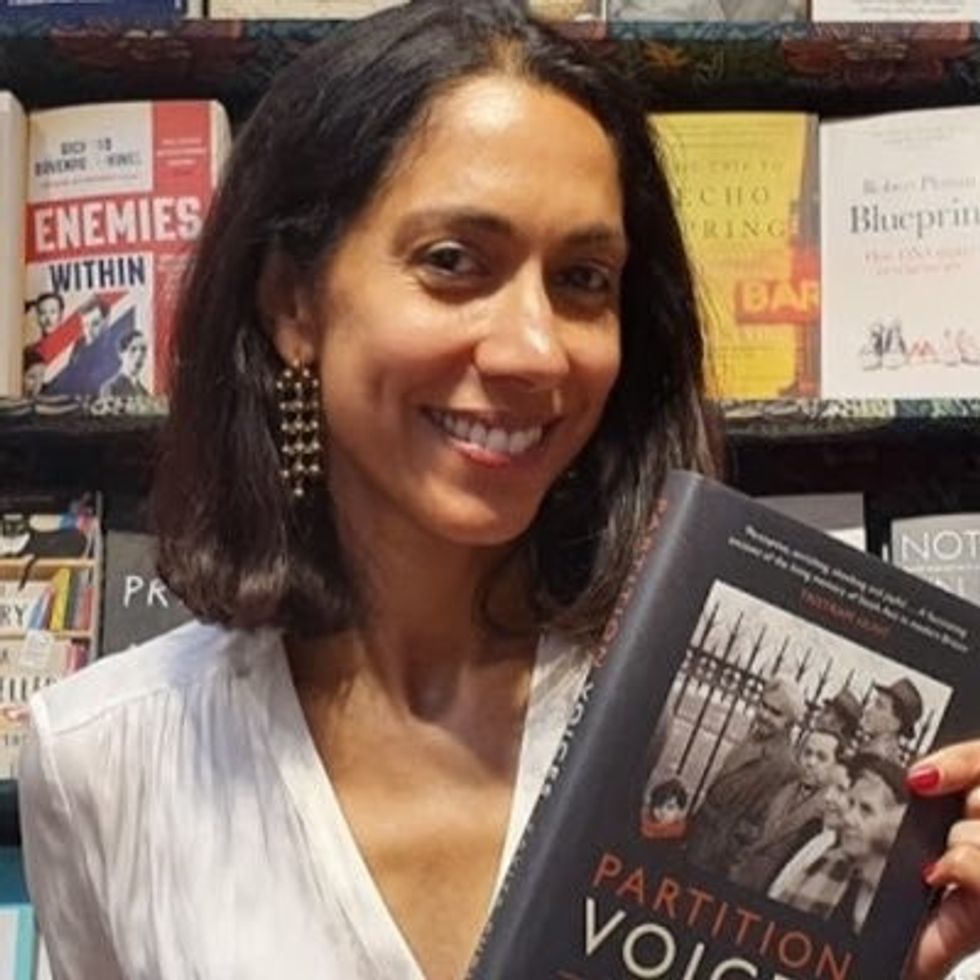While the world remembers the colossal battles and heroes of World War II, another war unfolded far from the spotlight, claiming millions of lives: the Bengal Famine of 1943.
In a powerful new documentary series, Three Million, BBC Radio 4 and the BBC World Service bring to light the devastating human cost of this tragedy, through the unheard stories of those who lived through it.
Award-winning producer and presenter Kavita Puri embarks on a meticulous journey to shed light on this often-overlooked chapter of history.
Eighty years after the famine, she gathers extraordinary first-hand accounts from survivors, farmers, fishermen, artists, soldiers, and everyday citizens, both Indian and British.
This tapestry of voices, many never broadcast before, paints a poignant picture of suffering, resilience, and the fight for survival against an invisible enemy—hunger.
Kolkata, then known as Calcutta, the bustling capital of then Bengal and now West Bengal which also included East Bengal, stood in stark contrast to the silent suffering unfolding in its countryside.
In 1943, while Allied soldiers swarmed the city, preparing for battles on the Asian front, thousands fled from famine-stricken villages, seeking desperately for food. The streets became grim reminders of the crisis, lined with emaciated bodies succumbing to starvation and diseases.

Three Million doesn’t shy away from the complexities of the catastrophe. Puri delves into pre-exiting vulnerabilities that left Bengal’s population on the brink: chronic poverty, stagnant agricultural practices, and exploitative land tenure systems that favoured wealthy landowners over peasant farmers.
The war further exacerbated these vulnerabilities, with Japanese occupation of Burma cutting off rice imports and British policies restricting internal trade, creating a deadly stranglehold on access to food. But the documentary goes beyond statistics and historical analysis. It’s about the human stories that lie at the heart of the tragedy.
We hear from farmers who watch their crops fail and families crumble, fishermen who witnessed the desperation of families bartering away their possessions for a handful of rice, and artists who captured the suffering through their poignant works.
Among these stories is the tale of a girl named Bela, who lost her family to famine and lives on the streets begging for scraps. Or the account of a British soldier stationed in Kolkata. Who was deeply disturbed by the sight of the dying on the streets, a stark contrast to the idealized vision of India he had held.
Though these personal narratives, Three Million compels listeners to confront the uncomfortable truth about the famine. It raises questions about why this tragedy continues to be overshadowed by other events of World War II and why there are no memorials or even a plague commemorating the millions who perished.
It’s not just a historical exploration; it’s a call to remember those Three Million. As Puri emphasizes, the generation that witnessed the famine is dwindling, and it’s crucial to capture their memories but also gain valuable insights into the human cost of war and the fragility of food security, issues that remain relevant today.
Three Million is more than just a documentary; it is a testament of human resilience and a reminder of the enduring impact of the historical tragedies. It urges the audience to listen to the forgotten voices, learn from the past, and ensure that such catastrophes never again become lost chapters in the collective memories of the audience.
Three Million is available on BBC Sounds from Friday 23 Feb, Radio 4 on 25 Feb and World Service English on 2 March















 Kap’s Cafe in Surrey was struck by gunfire late at night with staff still insideInstagram/
Kap’s Cafe in Surrey was struck by gunfire late at night with staff still insideInstagram/ Kaps Cafe Instagram Story Instagram Screengrab/
Kaps Cafe Instagram Story Instagram Screengrab/ Kaps Cafe Instagram Story Instagram Screengrab/
Kaps Cafe Instagram Story Instagram Screengrab/

 The controller and cover designs have been developed in close collaboration with the PlayStation design teamPlayStation
The controller and cover designs have been developed in close collaboration with the PlayStation design teamPlayStation
 Charithra Chandran styled her hair in soft curls for the Ralph Lauren outfitInstagram/
Charithra Chandran styled her hair in soft curls for the Ralph Lauren outfitInstagram/ Charithra’s look was inspired by her character Edwina Sharma from BridgertonInstagram/
Charithra’s look was inspired by her character Edwina Sharma from BridgertonInstagram/